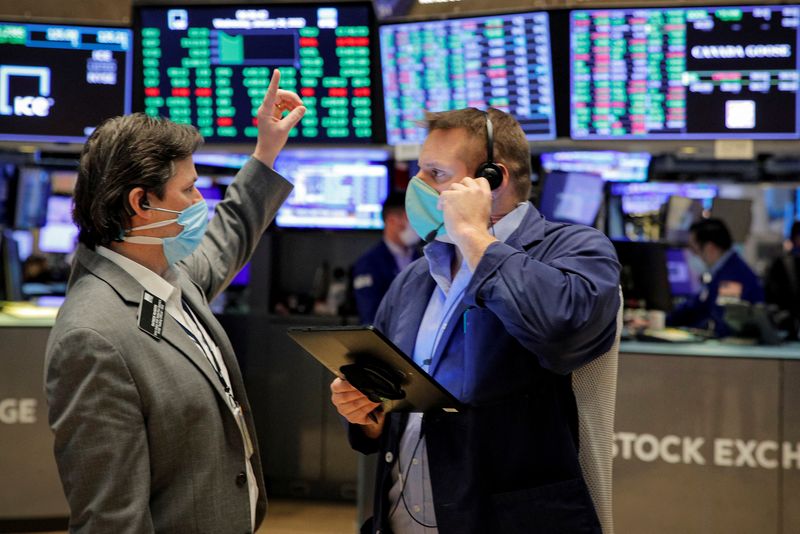In the current cycle, if the market has a good day, it’s usually eclipsed by a bad day soon after. Since the start of the year, the ASX 200 has lost 12.7%, and the unavoidable trend is toward a bearish market in the near term.
Today the ASX is expected to lose ground, with its futures down 43 points or 0.7% to 6,463 near 7am AEST.
Overnight US trade was mixed but ended mostly down, with the Dow Jones losing 0.4% and the S&P 500 slipping 0.2%, while the Nasdaq gained 0.3%. McDonalds shares were a drag on the Dow, losing 2.9% yesterday.
The Dow – now more than 20% below its record high – and the S&P 500 are at their lowest levels since November 2020 and both are on a six-day losing streak.
The Nasdaq’s gain was its first since September 19.
Pipeline leak
European leaders are labelling leaks in the two Nord Stream pipelines, which caused underwater explosions and gas bubbles to be seen in the Baltic Sea, a deliberate act.
The pipelines, which have been at the centre of a geopolitical storm since Russia invaded Ukraine, had been shut down for some time, but still contain gas.
"We have Swedish intelligence, but we have also received information in our contacts with Denmark, and based on this concluded that this is probably a deliberate act. It is probably a matter of sabotage,” said Swedish Prime Minister Magdalena Andersson.
European sharemarkets fell yesterday, with the FTSE Eurotop 100 index down by less than 0.1%. Continued fears about the new Truss plan saw the UK’s FTSE 100 index fall 0.5%, though the pound recovered some ground.
End of the cashless debit card
Back home, legislation to axe the cashless debit card program passed the Senate last night, meaning that thousands of people will now be free to opt out of the scheme.
The program, which quarantined social security income so that a recipient could not withdraw cash or spend their money on gambling or alcohol, will eventually be replaced by a new compulsory income management scheme for some.
This new scheme will allow people to use tools like BPay, but will still quarantine 50% of a person's income.
The abolition of the scheme has been controversial, with some advocates saying it will mean the return of certain negative social behaviours in vulnerable communities. The government says it wants income management to be voluntary across the nation on a consultative basis.
Optus class action brewing
Law firm Slater and Gordon says thousands of Optus customers have registered their interest in pursuing a claim against the communications giant following the huge data breach affecting nearly 10 million current and former customers.
The class action, if it were brought, would claim that Optus’ data management practices led to the loss of the data, and would then seek to remedy the loss customers have experienced by way of compensation.
Luckily for Optus, it had its arms around at least one potential disaster when it took out cyber insurance. Cyber cover is apparently rare in corporate Australia, because its annual premiums hover at around $200 million, while the value of cyber losses reported last year was $33 billion.
Oil, metals and gold
Oil prices rose again on Tuesday by 2.5%, rebounding from nine-month lows. Brent crude gained US$2.21 or 2.6% to trade at US$86.27 a barrel, while US Nymex added US$1.79 or 2.3% to US$78.50 a barrel.
Supply curbs ushered in the rise, as a powerful storm in the US Gulf of Mexico ahead of Hurricane Ian shut in around 480,000 barrels of oil. There are also reports from Bloomberg that Russia is pushing OPEC to cut oil production.
Base metal prices were down on the whole on Tuesday. Copper continued to warn of constrained economic growth ahead, losing a further 0.1%. Zinc dropped 2.1% and nickel lost 1.4%, but tin added 0.2%.
Gold futures lifted US$2.80 an ounce or 0.2% to US$1,636.20 an ounce, while spot gold was trading near US$1,628 at close of play in the US.
Iron ore futures fell by 30 US cents or 0.3% to US$98.71 a tonne.
